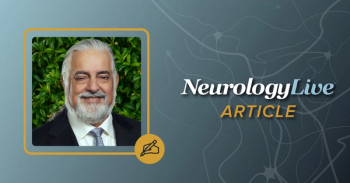
Adrenomedullin Safe in Ischemic Stroke, NfL and GFAP Levels Identified During Stroke, Fibrinogenase Improves Functional Outcomes
Neurology News Network for the week ending February 10, 2024. [WATCH TIME: 3 minutes]
WATCH TIME: 3 minutes
Welcome to this special edition of Neurology News Network. I’m Marco Meglio. This week’s episode is centered around recent data from the 2024 International Stroke Conference.
Findings from an investigator-initiated AMFIS phase 2 trial showed that treatment with intravenous (IV) adrenomedullin (AM), a vasoactive peptide,
In a longitudinal biomarker analysis of a phase 2a trial (NCT04309474) assessing elezanumab, an agent specific to repulsive guidance molecule A (RGMa), findings showed increased levels of neurofilament light (NfL) and glial fibrillary acidic protein (GFAP) during acute stroke, which diminished over time with different temporal patterns. The preliminary analysis included 34 patients, aged 30-90 years old, with acute ischemic stroke, and 31 healthy adults. Participants were randomly assigned 1:1 to elezanumab or placebo by intravenous (IV) infusion within 24 hours of “last known normal” and every 4 weeks thereafter for 48 weeks for a total of 13 doses. Coming into the study, patients had a National Institute of Health Stroke Scale (NIHSS) total score of 7 to 21.
In a late-breaking presentation at the
For more direct access to expert insight, head to NeurologyLive.com. This has been Neurology News Network. Thanks for watching.
Newsletter
Keep your finger on the pulse of neurology—subscribe to NeurologyLive for expert interviews, new data, and breakthrough treatment updates.










